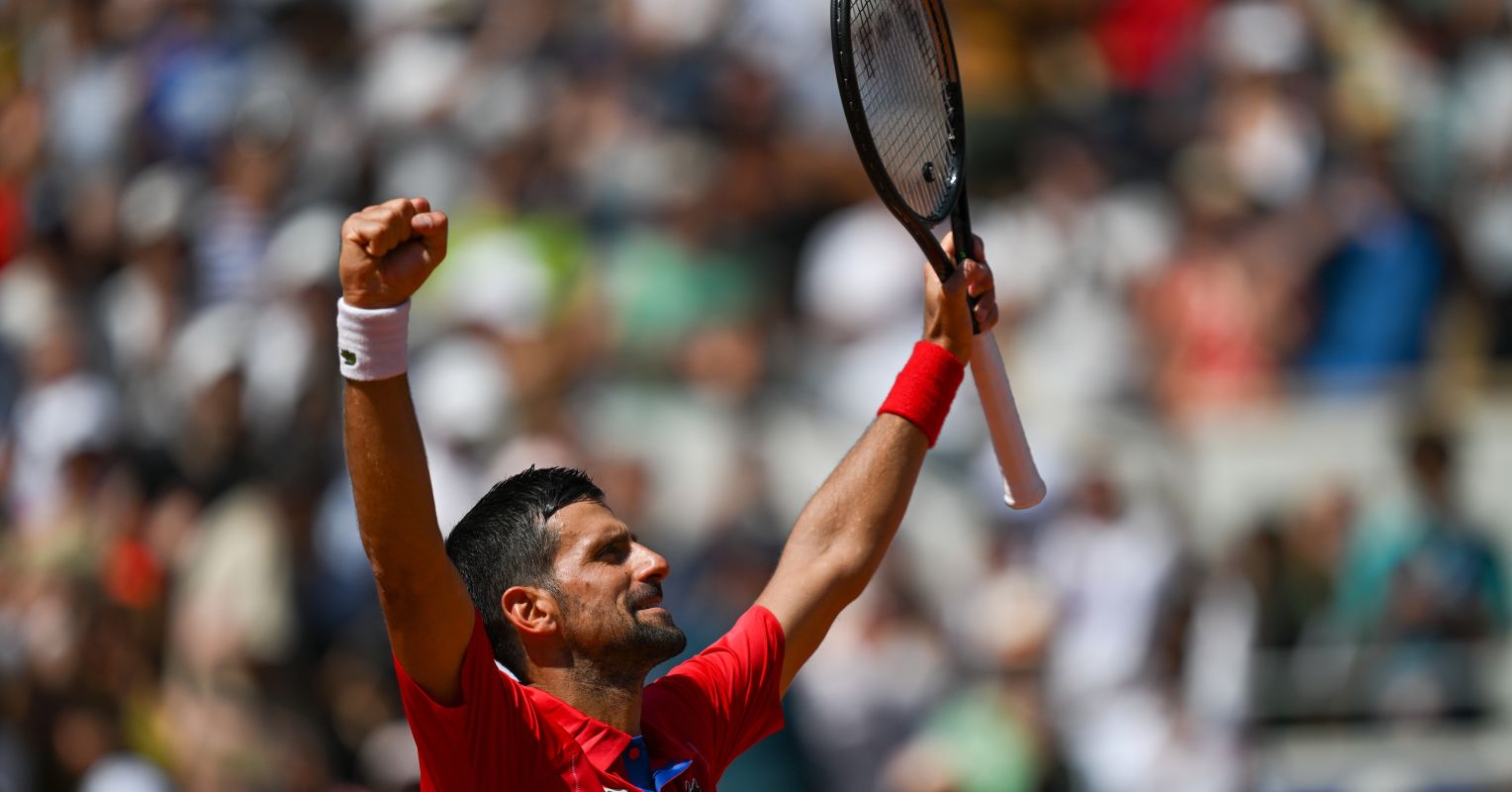
"I am actually reading this book on the power of surrendering and letting go. It's an amazing book for me because of my upbringing and because of my character, and because of my life story, hard for me to let go. It's hard for me to surrender unless it's to a higher power."
"Here is the paradox: Surrender is the exact counterpoint to the relentless drive of "not enough." Yet for someone whose survival (and greatest accomplishments) depended on vigilance, effort, responsibility, control, and performance, surrender feels entirely unsafe. It feels like exposure, weakness, and unbearable vulnerability. Djokovic had to win. He couldn't be weak. He couldn't allow himself to fail. He couldn't even allow himself to stay scared. That wasn't an option."
Novak Djokovic struggles to surrender despite years of mindfulness, physical conditioning, spirituality, and emotional regulation. He reads about surrender and finds it challenging because upbringing, character, and life story made letting go difficult. Surrender feels unsafe for someone whose survival and achievements depended on vigilance, performance, and control. Winning provides temporary relief from threat and worry but does not produce lasting safety or belonging. Acceptance enables the ventral vagus to reengage, restoring connection, trust, and healing. The paradox is that surrender counters the persistent drive of 'not enough,' yet surrender often registers as exposure, weakness, and unbearable vulnerability.
Read at Psychology Today
Unable to calculate read time
Collection
[
|
...
]